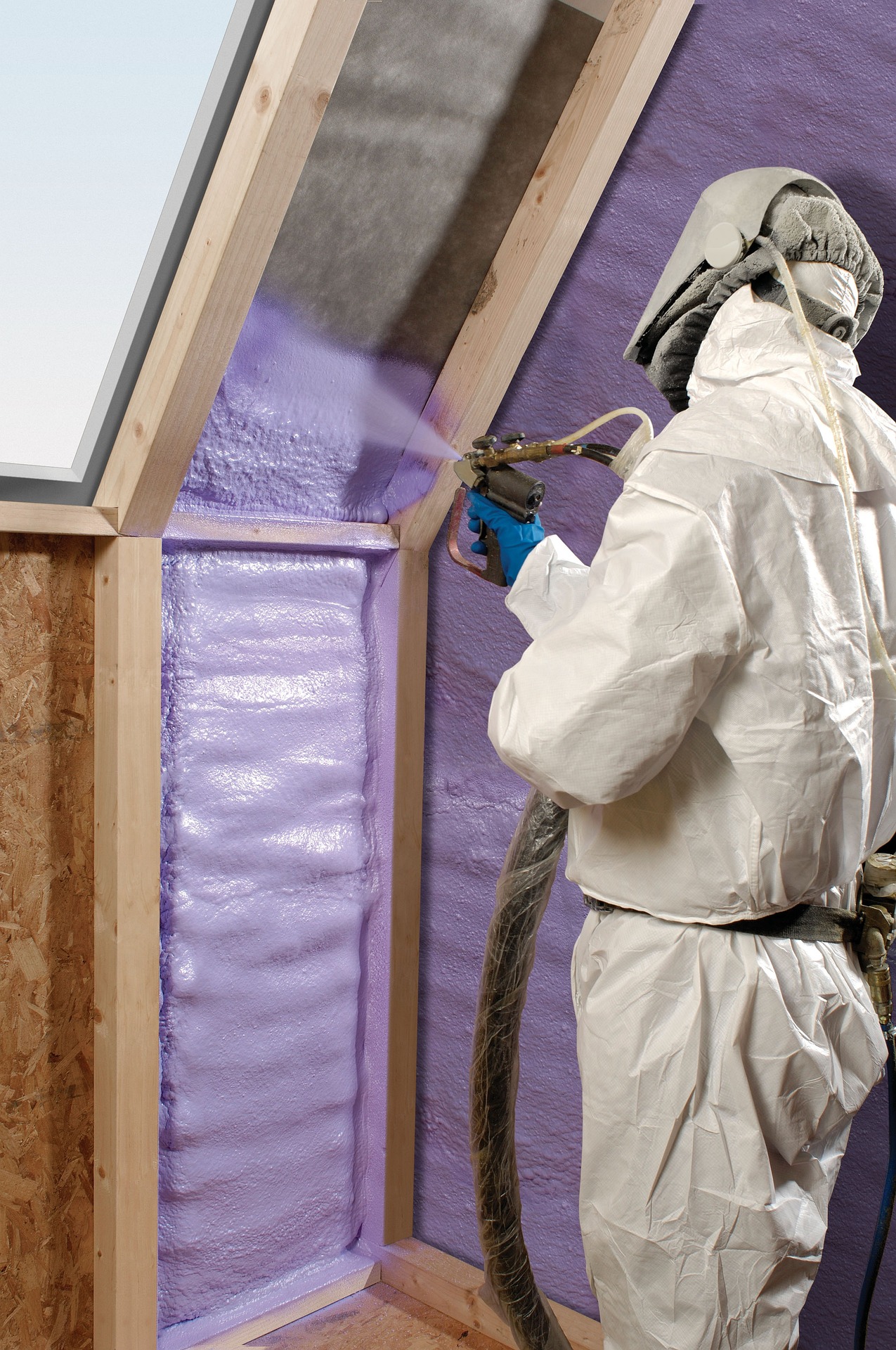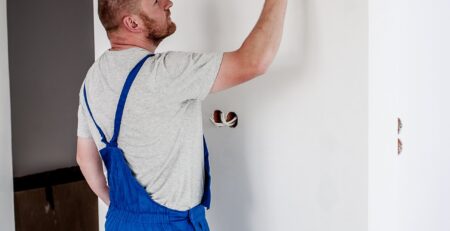Spray Foam: Mortgage Challenges for UK Homeowners
In the pursuit of energy efficiency, many UK homeowners have turned to spray foam insulation as a solution to reduce heat loss and lower energy bills. However, this choice has led to unforeseen complications, particularly in the realm of property financing. Recent reports indicate that numerous mortgage lenders are hesitant to approve loans for properties equipped with spray foam insulation, citing concerns over structural integrity and potential moisture issues. This article delves into the reasons behind this reluctance, the implications for homeowners, and viable alternatives to consider.
Understanding Spray Foam Insulation
Spray foam insulation is a liquid insulation material that expands upon application, filling cavities and creating an airtight seal. It is commonly used in roofs, lofts, and walls to enhance thermal performance. There are two primary types:
- Open-cell foam: Soft and flexible, allowing for some air and moisture permeability.
- Closed-cell foam: Denser and more rigid, providing a higher R-value (thermal resistance) but acting as a vapour barrier.
The Appeal of Spray Foam Insulation
The popularity of spray foam insulation stems from its superior insulating properties and ability to seal gaps that traditional materials might miss. Homeowners are attracted to its potential for reducing energy consumption and improving indoor comfort. Additionally, government initiatives like the Green Homes Grant have incentivised its adoption by covering a portion of the installation costs.
Potential Risks and Concerns
Despite its benefits, spray foam insulation carries certain risks:
- Moisture Trapping: Closed-cell foam can trap moisture within roof structures, leading to condensation and potential timber decay. This is particularly concerning in the UK’s damp climate.
- Structural Concealment: The application of foam can obscure roof timbers, making it challenging for surveyors to assess structural integrity during inspections.
- Removal Challenges: If issues arise, removing spray foam insulation is a complex and costly process, often requiring professional intervention.
Impact on Mortgage Lending
The aforementioned concerns have led many mortgage lenders to exercise caution. Properties with spray foam insulation may be deemed higher risk due to potential structural issues and the difficulty in conducting thorough inspections. As a result, some lenders refuse to provide mortgages for such properties, leaving homeowners in a challenging position when attempting to sell or remortgage.
Lender Policies on Spray Foam Insulation
The stance of mortgage lenders on properties with spray foam insulation varies:
- Lenders that do not lend on such properties: TSB Bank, Skipton Building Society, Co-operative Bank, Principality, and equity release lender Aviva have stated they do not provide loans for properties where spray foam is present in the roof space.
- Lenders with conditional policies: Yorkshire Building Society and Metro Bank typically avoid lending on properties with significant amounts of spray foam insulation.
- Lenders considering case-by-case: Lloyds, Nationwide, Barclays, the NatWest Group, and Santander assess applications individually, often requiring documentation proving correct installation or a specialist report.
Equity release provider More 2 Life will only lend on properties with spray foam if it was installed as part of an authorised new build and accompanied by the necessary documentation.
Case Studies and Real-Life Implications
Consider the case of a homeowner who installed spray foam insulation to improve energy efficiency. When attempting to sell the property, potential buyers faced mortgage refusals due to the insulation, leading to a stalled sale and financial strain. This scenario is not uncommon, highlighting the real-world impact of this issue.
Alternatives to Spray Foam Insulation
Homeowners seeking insulation solutions without the associated risks might consider:
- Multifoil Insulation: A reflective material that provides thermal efficiency without the moisture trapping concerns of spray foam.
- Traditional Materials: Options like mineral wool or cellulose offer effective insulation and are widely accepted by lenders.
Guidelines for Homeowners
For those considering insulation upgrades:
- Consult Professionals: Seek advice from qualified surveyors or insulation experts to understand the best options for your property.
- Check Lender Policies: Before installation, verify with your mortgage provider whether the chosen insulation material could affect future financing.
- Consider Resale Value: Be mindful of how certain insulation choices might impact the property’s marketability.
Conclusion
While spray foam insulation offers notable energy efficiency benefits, it’s essential to weigh these against potential drawbacks, especially concerning property financing. By staying informed and consulting with professionals, homeowners can make choices that enhance their property’s comfort and value without unintended consequences.
ARE YOU READY TO START INVESTING?
Subscribe to our mailing list now for exclusive deals, investment guides and the latest information from the property market.







